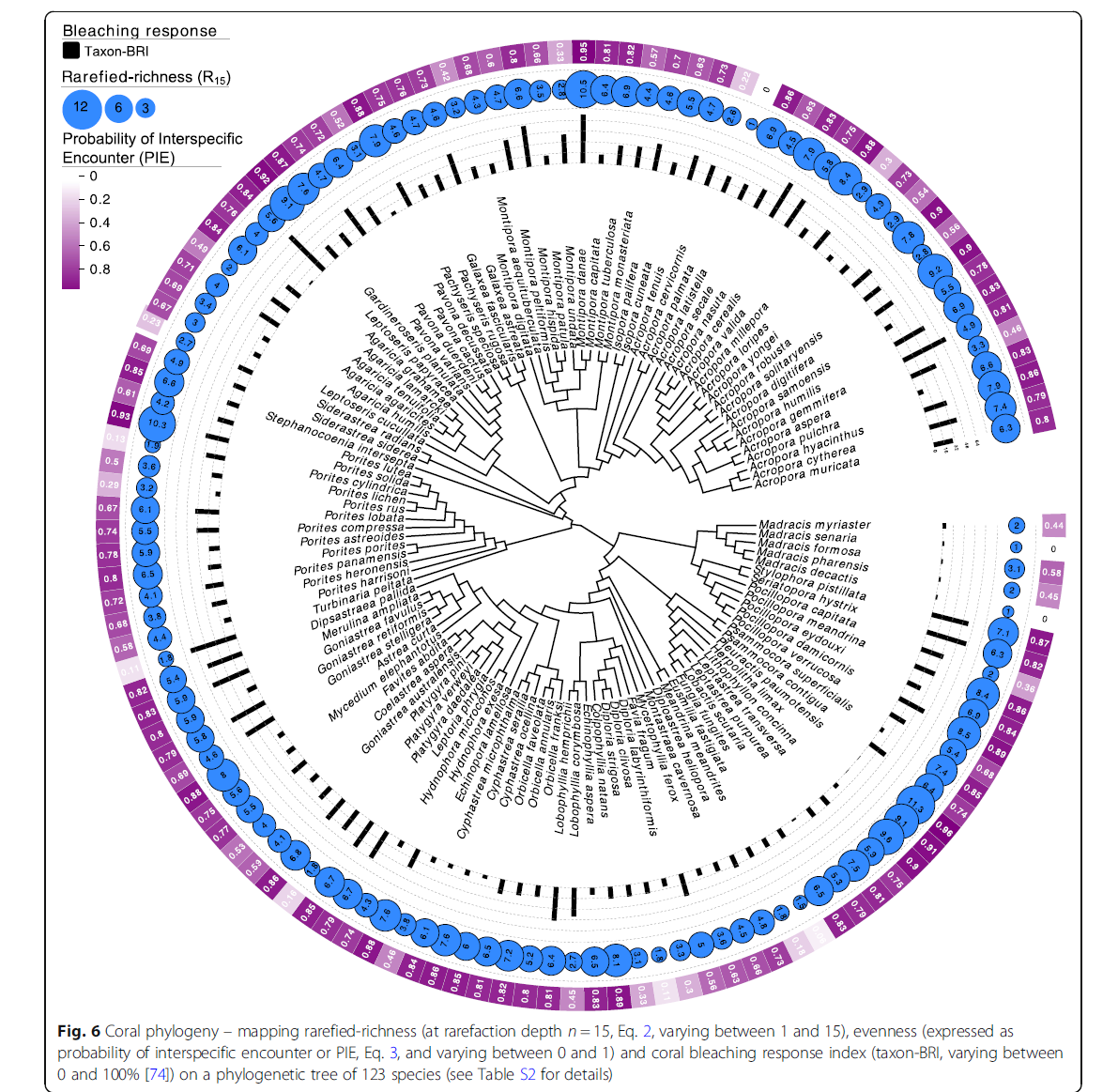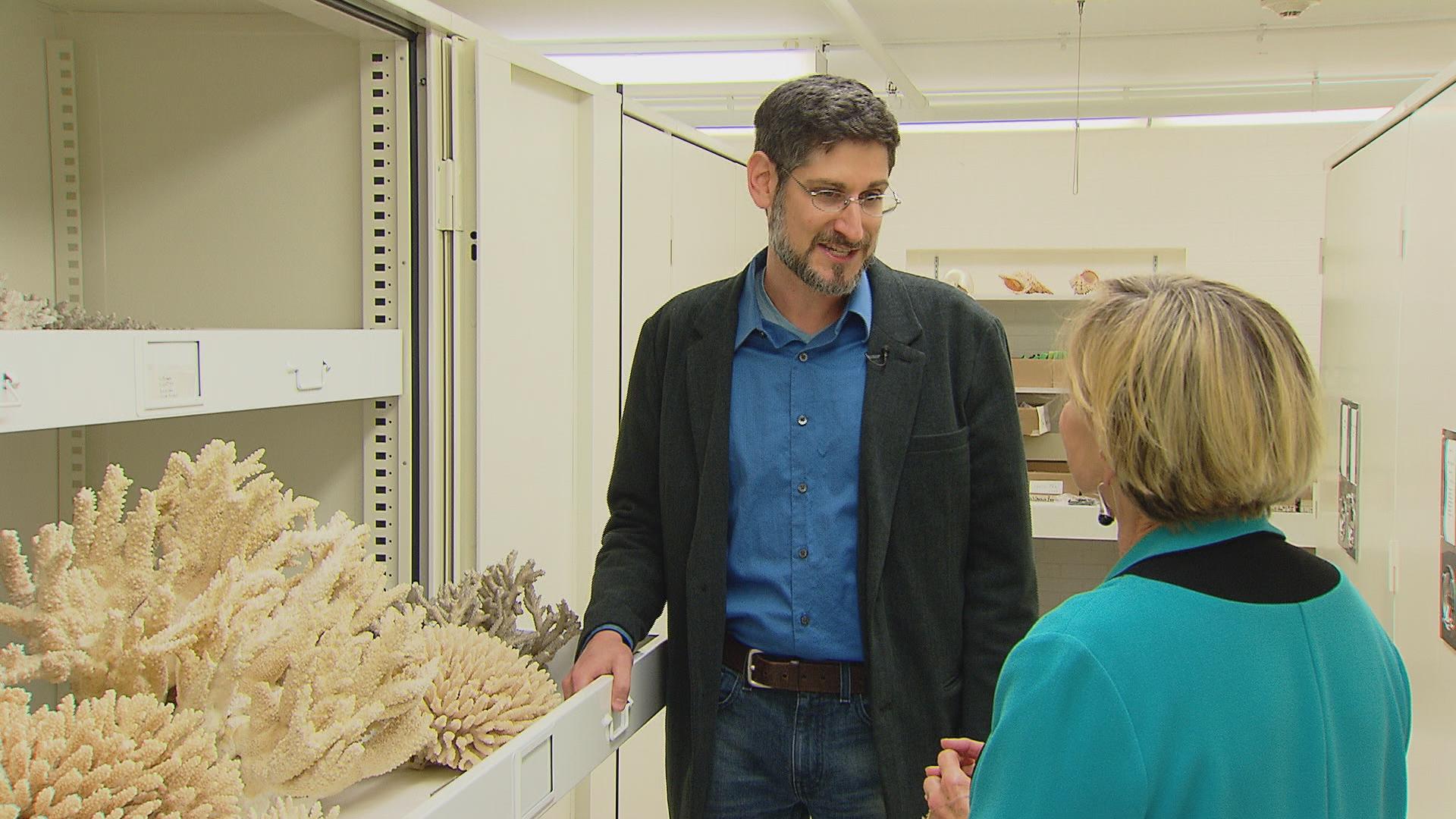Coral Microbiology Lends Further Understanding to Reef Bleaching

Prof. Luisa Marcelino and her research associate Timothy Swain published their article “Uncovering the Role of Symbiodiniaceae Assemblage Composition and Abundance in Coral Bleaching Response by Minimizing Sampling and Evolutionary Biases” in the latest issue of BMC Microbiology.
 The biodiversity and productivity of coral-reef ecosystems depends upon reef-building corals and their associations with endosymbiotic Symbiodiniaceae, which offers diverse functional capabilities to their hosts. The number of unique symbiotic partners (richness) and relative abundances (evenness) have been hypothesized to affect host response to climate change induced thermal stress.
The biodiversity and productivity of coral-reef ecosystems depends upon reef-building corals and their associations with endosymbiotic Symbiodiniaceae, which offers diverse functional capabilities to their hosts. The number of unique symbiotic partners (richness) and relative abundances (evenness) have been hypothesized to affect host response to climate change induced thermal stress.
 The results of the test indicate that the potential flexibility afforded by assemblages characterized by many phylotypes present at similar relative abundances does not result in decreased bleaching risk and points to the need to characterize the overall functional and genetic diversity of Symbiodiniaceae assemblages to quantify their effect on host fitness under climate change.
The results of the test indicate that the potential flexibility afforded by assemblages characterized by many phylotypes present at similar relative abundances does not result in decreased bleaching risk and points to the need to characterize the overall functional and genetic diversity of Symbiodiniaceae assemblages to quantify their effect on host fitness under climate change.
To read more, click here.
